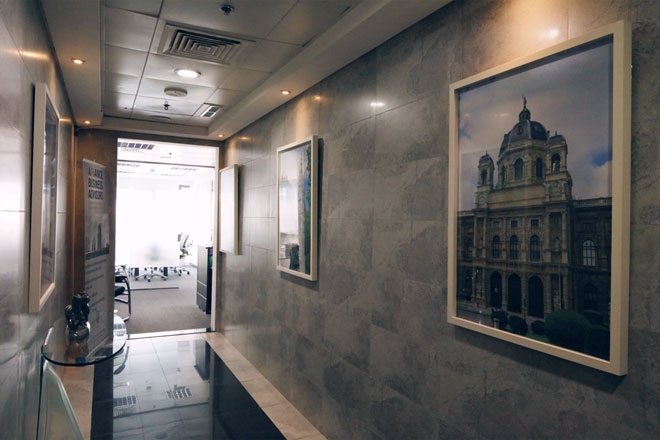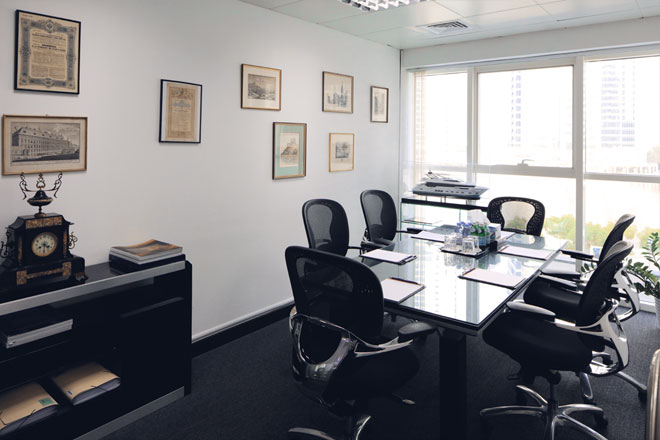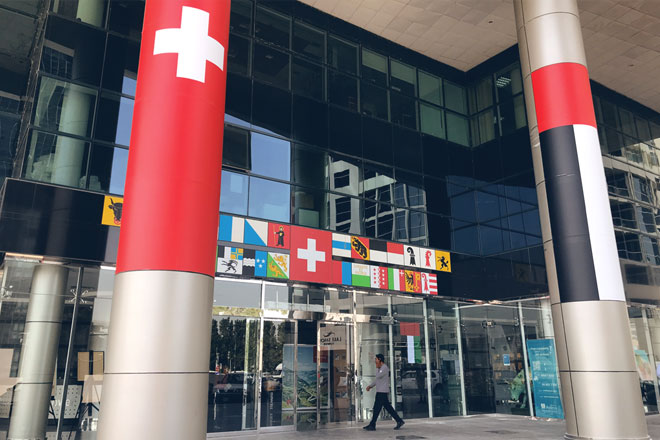
International trade annually allows to replenish the budget of the UAE significantly; nowadays it is no less important part of the local economy than the extraction and processing of petroleum products. A third of all revenues to the state budget are formed due to the fact that the United Arab Emirates continues to be one of the most powerful re-export centers of the world. This status is maintained thanks to dozens of free economic zones located throughout the country. Many free zones are located near ports and airports, which, together with zero taxation and the absence of duties on the import/export of goods from free zones, is a powerful incentive for commercial development in the region.
The United Arab Emirates imports quite a lot of products. The total annual import exceeds 70 billion dollars. PRC, Japan, India, and the EU are on the list of top importers. Over the past decades, the population of the country has grown significantly due to expats, in addition, the welfare of local residents is constantly improving, and the consumption of goods and services is also growing. Among the main products that are imported are agricultural products, manufactured goods, machinery, textiles, etc.
It is not a classic offshore country. Companies, banks, accounts in the UAE are recognized by most countries in Europe, Asia, and the United States, which provides stability to your business in this respected jurisdiction.
The country's location is very convenient between Europe, Asia, and Africa. The presence of warehouses in the UAE and the ability to place production in a particular free zone of Dubai and the UAE opens up great opportunities for business in Dubai, especially if the cost of such goods increases as a result of refinement or additions to your goods or products.
They also have a Dubai Trade portal – a single site in which both importers and exporters can receive and send all the necessary information for their business.
Opportunities and restrictions of trade in free zones
Here are the main features determining the commercial development in the free zones of the country.
- Two types of companies. Foreigners can register both an offshore company (not a tax resident of the UAE) and a free zone company (tax resident of the UAE) in local free zones. If you plan to buy and sell only outside the country, an offshore company is suitable for you, since it requires less operating costs and is exempt from all taxes, including VAT. But if you want to conduct trading in the region, you will need an onshore company, since it has the right to import goods into the territory of the country (local free zone).
- Trading license. Each company operating in the free economic zone (onshore) is required to obtain an appropriate license, but even when you obtained a license, you cannot conduct activities in the country outside its jurisdiction. To enter the entire territory of the UAE, you need the mediation of a local agent. There are two main types of trading licenses: regular trading license, according to which you can buy and sell, it covers no more than five types of goods and general trading, which gives you the right to trade with all types of goods, except those related to securities real estate, aviation, and finance.
- Taxes. If a product you imported in the UAE costs $10, and as a result of packaging (for retail) or refinement, it costs $12, this difference is your profit and is taxable in many countries. But not in the UAE. Also, there are no income taxes, corporate taxes, dividend taxes, etc. According to the laws of the UAE, your income is not subject to income tax or any other taxes. If you do not plan to sell the specified goods domestically, then you will not have to pay 5% VAT.
- Fees for import and export of goods. In the UAE, there is a small duty on the import of goods in the amount of 5% of the value of these goods. When exporting goods imported earlier (except for the Persian Gulf countries), the customs duty paid is returned to you, provided that no more than 6 months have passed since the goods were imported into Dubai or the UAE.
If you have any questions regarding the commerce in the region, contact our consultants, they will be glad to help you with any question.









